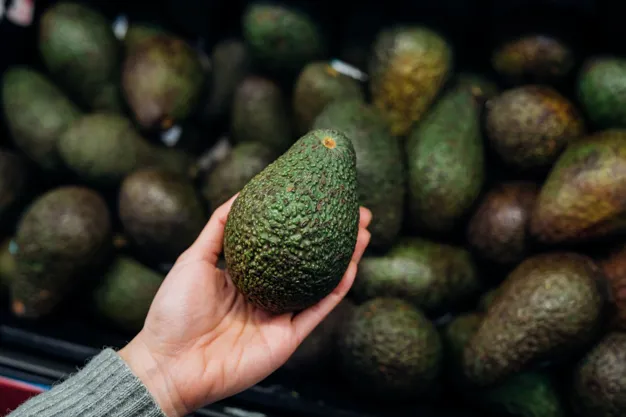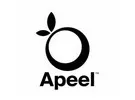In celebration of Earth Month, Apeel Sciences is proud to announce its environmental achievements for 2023. The company has reduced food waste and its associated environmental impacts with its plant-based technology that creates a natural protective shield around produce. This is another important tool in the global fight against climate change, making fresh produce accessible to more people.
The 2023 achievements include:
- Prevented over 60 million pieces of fruit from going to waste: Apeel helps keep fruit fresh longer so that it has more time to be enjoyed by more people.
- Reduced greenhouse gas emissions: By curbing food waste, Apeel blocked the release of over 9,000,000 kg of CO2-equivalents into the atmosphere–akin to the carbon sequestration of planting 151,600 trees.
- Conserved water resources: Using the technology saved 2.7 billion liters of water, equivalent to 1,100 Olympic-sized swimming pools.
"Food waste and its negative effects on our climate are very real, global problems that demand immediate action from us all," said Luiz Beling, CEO. "Our achievements last year demonstrate that technologies like our plant-based coating that keeps produce fresh longer has a tangible benefit to the planet. We're contributing to a healthier world by ensuring more food nourishes communities while less ends up in landfills."
 By curbing food waste, Apeel blocked the release of over 9,000,000 kg of CO2-equivalents into the atmosphere–akin to the carbon sequestration of planting 151,600 trees.
By curbing food waste, Apeel blocked the release of over 9,000,000 kg of CO2-equivalents into the atmosphere–akin to the carbon sequestration of planting 151,600 trees.
About one-third of food is lost or wasted through the supply chain, in stores, or in homes, equaling over a billion tons annually. This inefficiency represents both an economic loss reaching $1 trillion and a missed opportunity to fight hunger, conserve resources, and reduce greenhouse gas emissions. According to the UNEP Food Waste Index Report 2024, food waste accounts for eight to 10 percent of global greenhouse gas emissions.
Apeel also helps its partners achieve their own Environmental, Social, and Governance (ESG) goals. By selling fresher produce that reduces food waste, companies minimize their environmental impact, enhance food security, and support improved agricultural practices.
"We're targeting a major source of greenhouse gas emissions when we reduce food waste," Beling added. "Our technology is a powerful weapon in suppliers' and retailers' arsenals, offering them a way to significantly cut emissions and drive progress towards their own conservation goals."
 For more information:
For more information:
Mark Carmel
Apeel Sciences
[email protected]
https://www.apeel.com/
